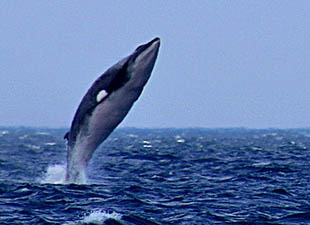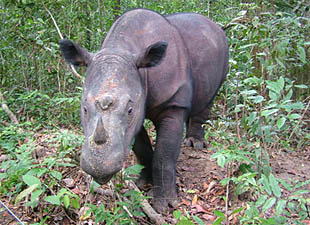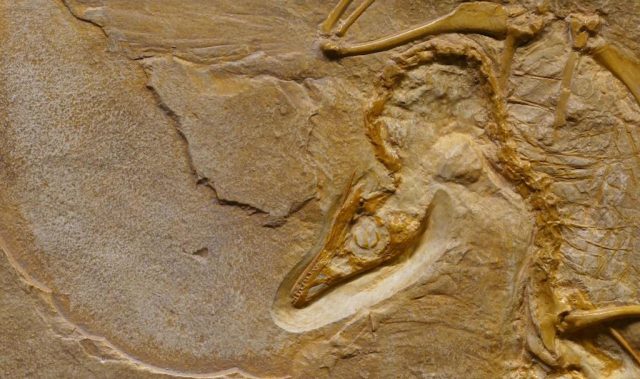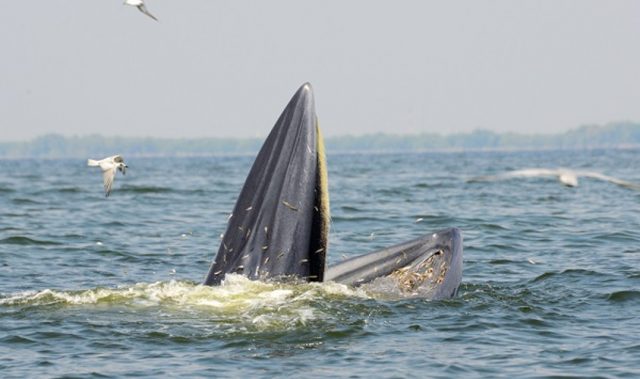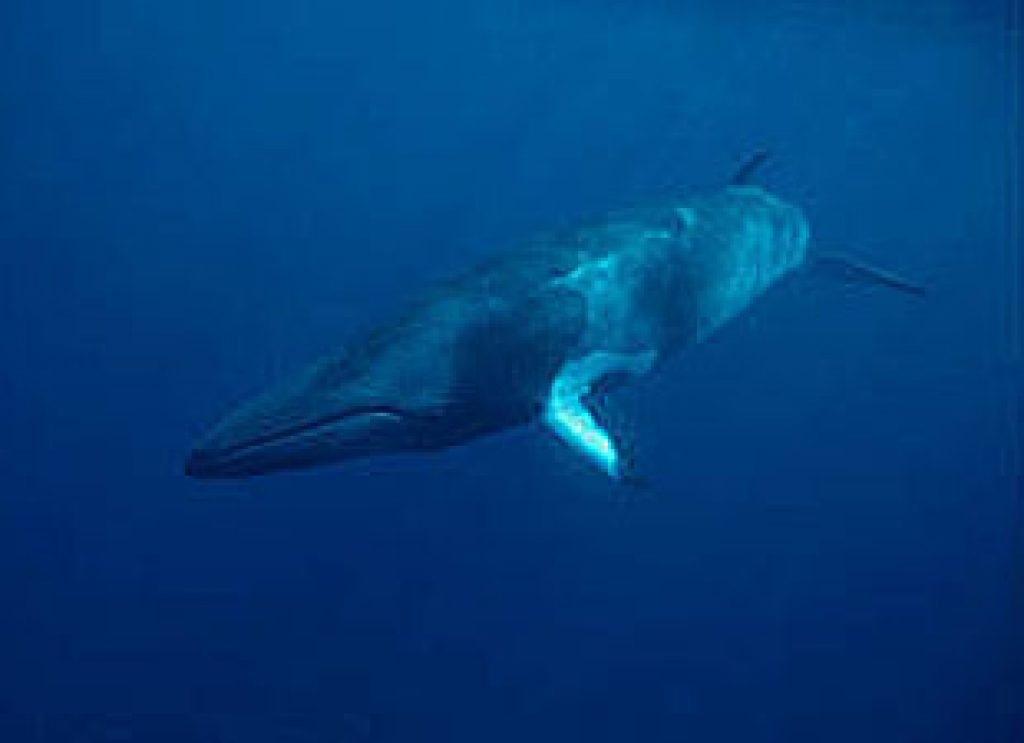
AsianScientist (Jul. 9, 2012) – The Republic of Korea announced last week its plans to hunt whales under a loophole in the International Whaling Commission (IWC) treaty that allows for ‘scientific whaling.’
The proposal was met with opposition from numerous IWC member governments that called the hunt unnecessary given the availability of modern non-lethal research techniques.
Many governments countered Korea’s claims that lethal whaling is needed to determine how to manage stocks. Australia has invited Korean scientists for a visit to discuss how non-lethal techniques can help fill data gaps.
“The resumption of whaling by Korea after a quarter of a century would be a huge step back for the IWC,” said Wendy Elliott, head of WWF’s delegation to IWC.
“Korea already sells meat from whales caught in fishing gear, and we believe this move is a thinly veiled attempt by Korea to conduct commercial whaling under the guise of scientific research, similar to hunts conducted by Japan in the Southern Ocean whale sanctuary.”
The minke whales that would be taken in Korea’s proposed hunt are considered endangered by the IWC Scientific Committee.
In its opening statement to the annual meeting of the commission, Korea said its fishermen are pressuring the government to allow whaling.
“They are experiencing disturbances in their fishing activities due to frequent occurrences of cetaceans in their fishing grounds and an increasing number of minke whales are eating away large amount of fish stocks,” said the statement.
According to the WWF, the argument that increasing whale populations are behind declining fish stocks lacks scientific foundation. Overfishing, not whales, is responsible for the degraded state of many of the world’s fish stocks, it said.
Korea conducted a similar scientific hunt of minke whales in 1986 which was found by the IWC to yield no relevant scientific data. The IWC Scientific Committee report found that “the take of 69 minke whales may have caused further reduction of this depleted stock, or at best inhibited its recovery.”
——
Source: WWF.
Disclaimer: This article does not necessarily reflect the views of AsianScientist or its staff.




